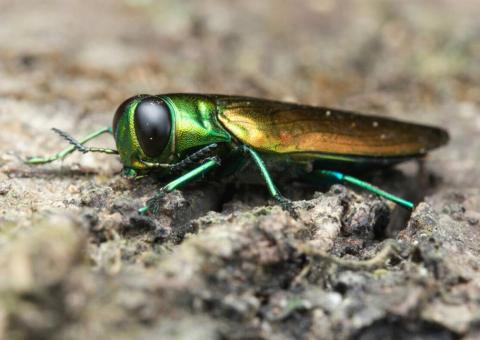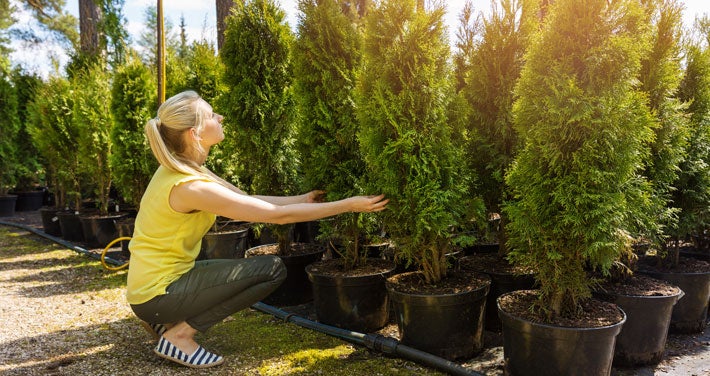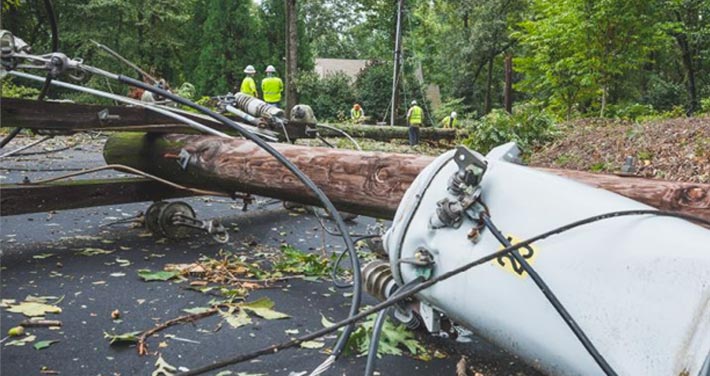Invasive insects, and diseases have wreaked havoc in the United States by destroying trees, endangering our environment. Trees that are damaged or killed by invasive diseases and insects also contribute to power outages, as the weakened trees can fall onto overhead utility lines. Here are some ways you can help preserve our trees and forests by taking measures to inhibit the spread of invasive tree-killing insects and diseases.
Wood Debris and Firewood
If tree work leaves you with wood debris, remember to never move it across state lines or to another property. Purchase firewood for your summer cottage or campsite locally and look for commercially kiln-dried firewood or bulk regular firewood.
Kiln-dried wood will have a stamp on the package identifying it as “heat treated” or “kiln dried.” Untreated firewood is straight from the forest or woodpile and carries the lowest risk if it comes from a nearby source (ideally, under 10 miles).
“Invasive pests are often spread through the transportation of firewood, which can be infested with insects, even if there is no visible evidence.”
– Piera Siegert, New Hampshire State Entomologist
Customers are urged to watch for symptoms in their trees and report any possible infestations. Any specimens you capture should be placed in a jar and kept in the freezer.
New Hampshire residents, may find the most up-to-date information about tree diseases and insects of greatest concern in our service territory and report invasive pests at nhbugs.org/damaging-insects-diseases.
Massachusetts residents, please call the Pest Hotline at 1-617-626-1779 or report online at massnrc.org/pests/.





